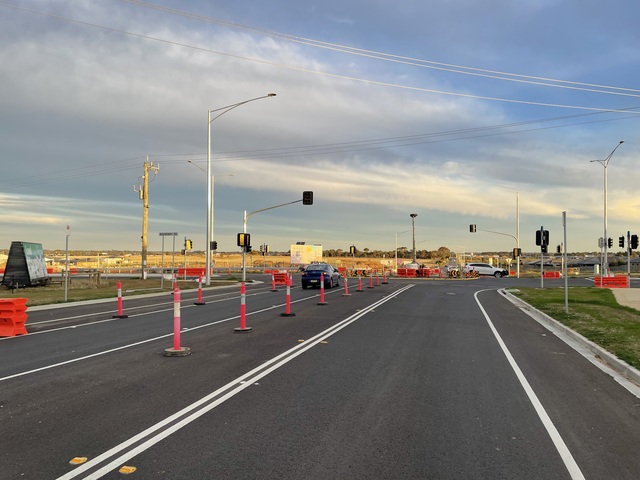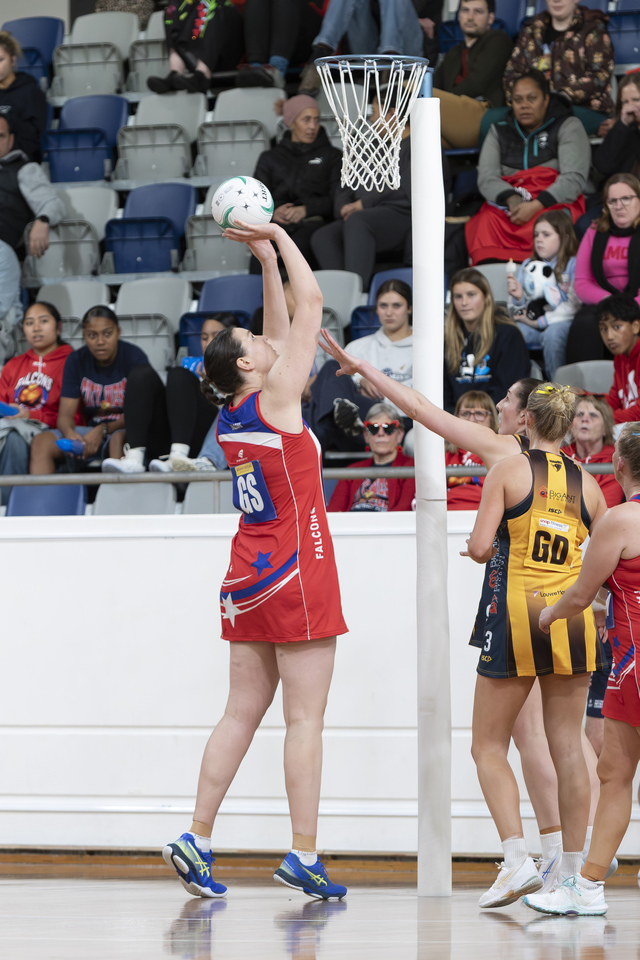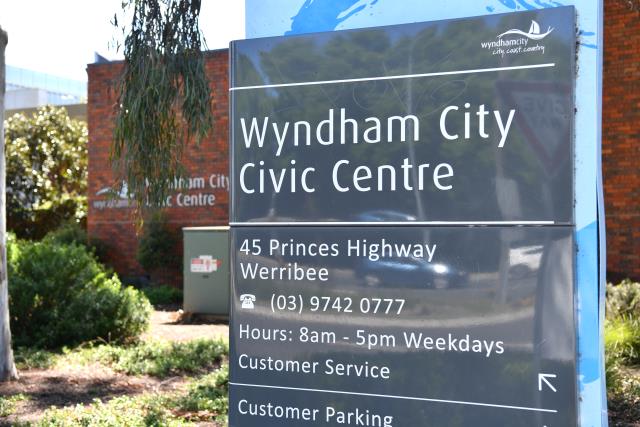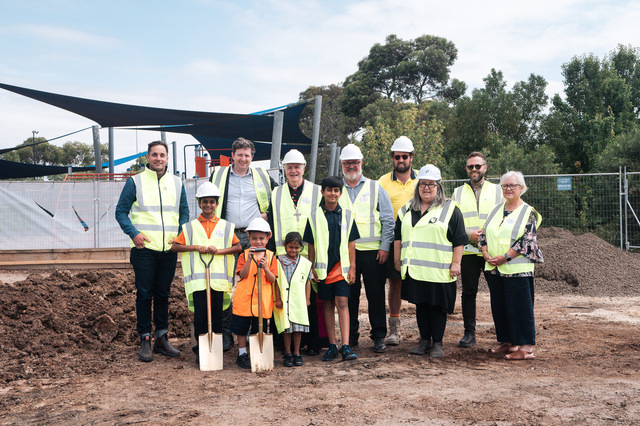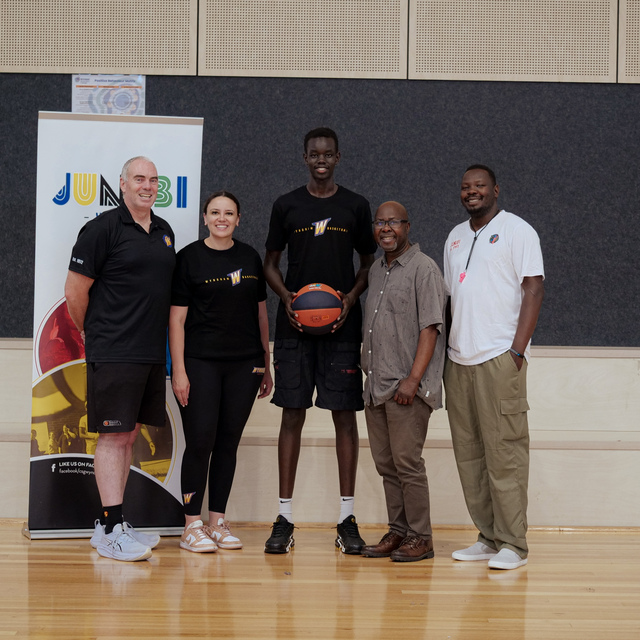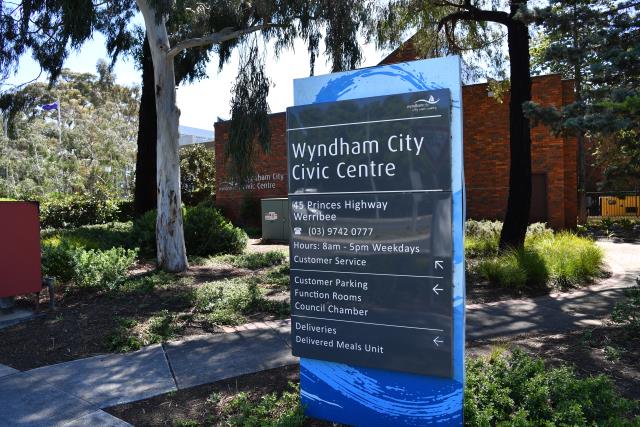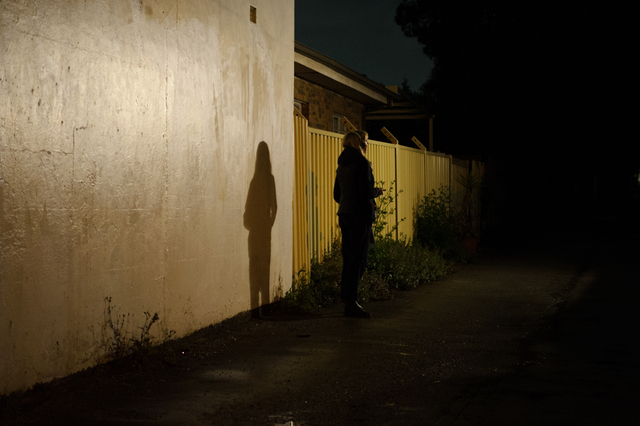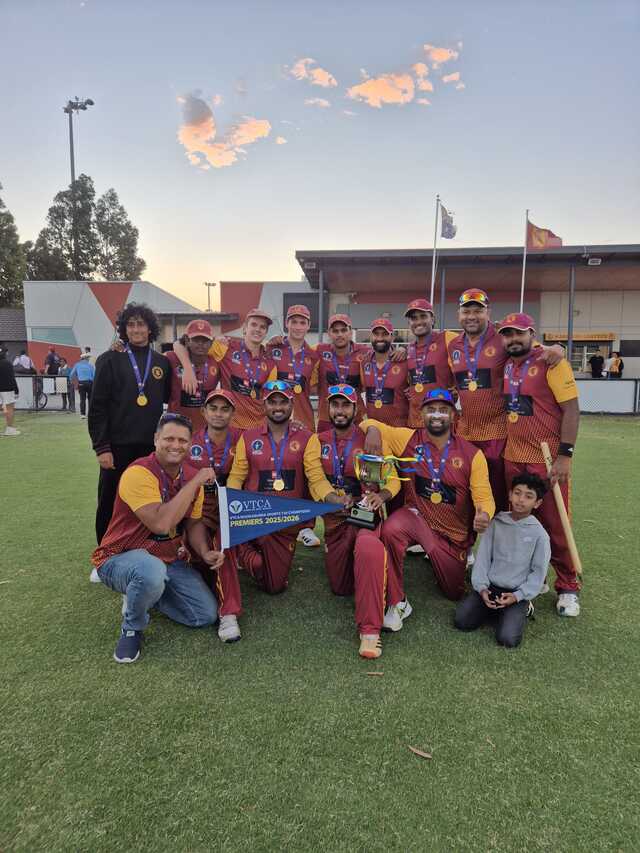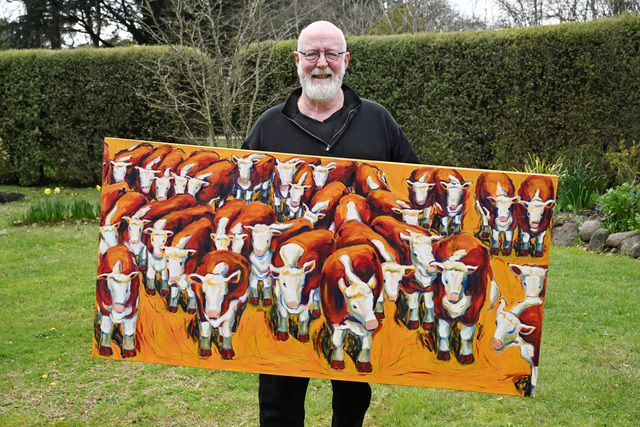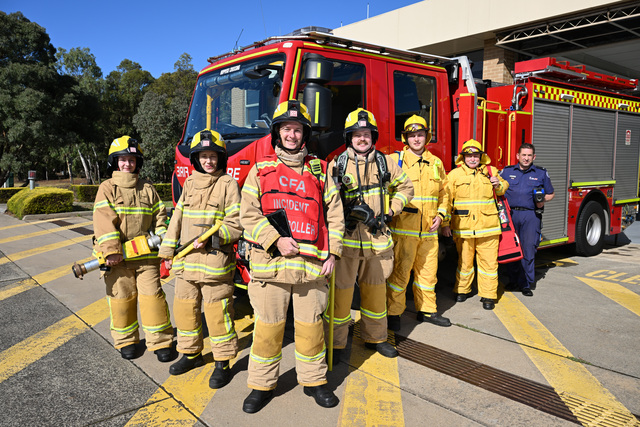The significant impact pain conditions like endometriosis, pelvic pain and migraines are having on the lives of women and girls has been highlighted during the state government’s inquiry into women’s pain.
Earlier this year, the government conducted a women’s health survey. More than 13,000 women, girls, carers, families and healthcare workers took part.
The government said the survey resulted highlighted the negative experience many women have had when seeking care.
Women and girls shared their experiences of sexism and misogyny, feeling ignored or dismissed by clinicians who attributed their pain to psychological and personality factors, as well as culturally unsafe care.
They also told the government about cases of delayed diagnosis, the high cost of care and the impact pain can have on their quality of life, relationships with family and friends, and their careers.
The government said nurses made up the majority of healthcare workers who participated – observing that lack of knowledge about women’s health of available clinicians was the biggest barrier to care for many of their patients.
The survey was offered in 10 community languages, including Arabic, Turkish, Vietnamese, Italian and Greek.
The stories and experiences shared by Victorian women and girls in the survey, via written submissions and forums over last few months will now form the development of recommendations to improve the way women’s healthcare is delivered in Victoria.
Health Minister Mary-Anne Thomas said the survey results were an important step towards building a new system that is informed by the voices of women, girls, families, carers, the healthcare clinical workforce and researchers.
Inquiry into women’s pain co-chair and Royal Women’s Hospital chief executive, professor Sue Matthews, said the inquiry was excited to have an “open and honest” dialogue on how women and girls experience pain to ensure women are heard.
“After decades of seeing women feeling dismissed and unheard, we are delighted that so many Victorians have shared their personal stories with us,” she said.


